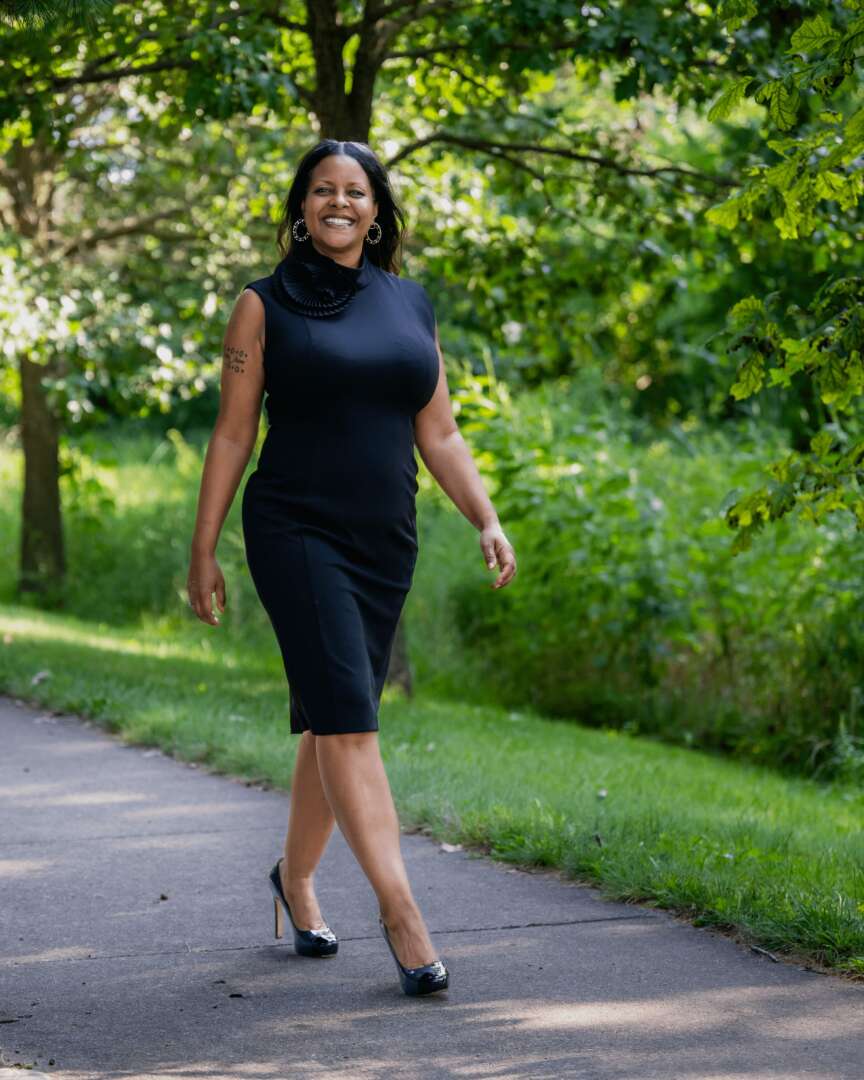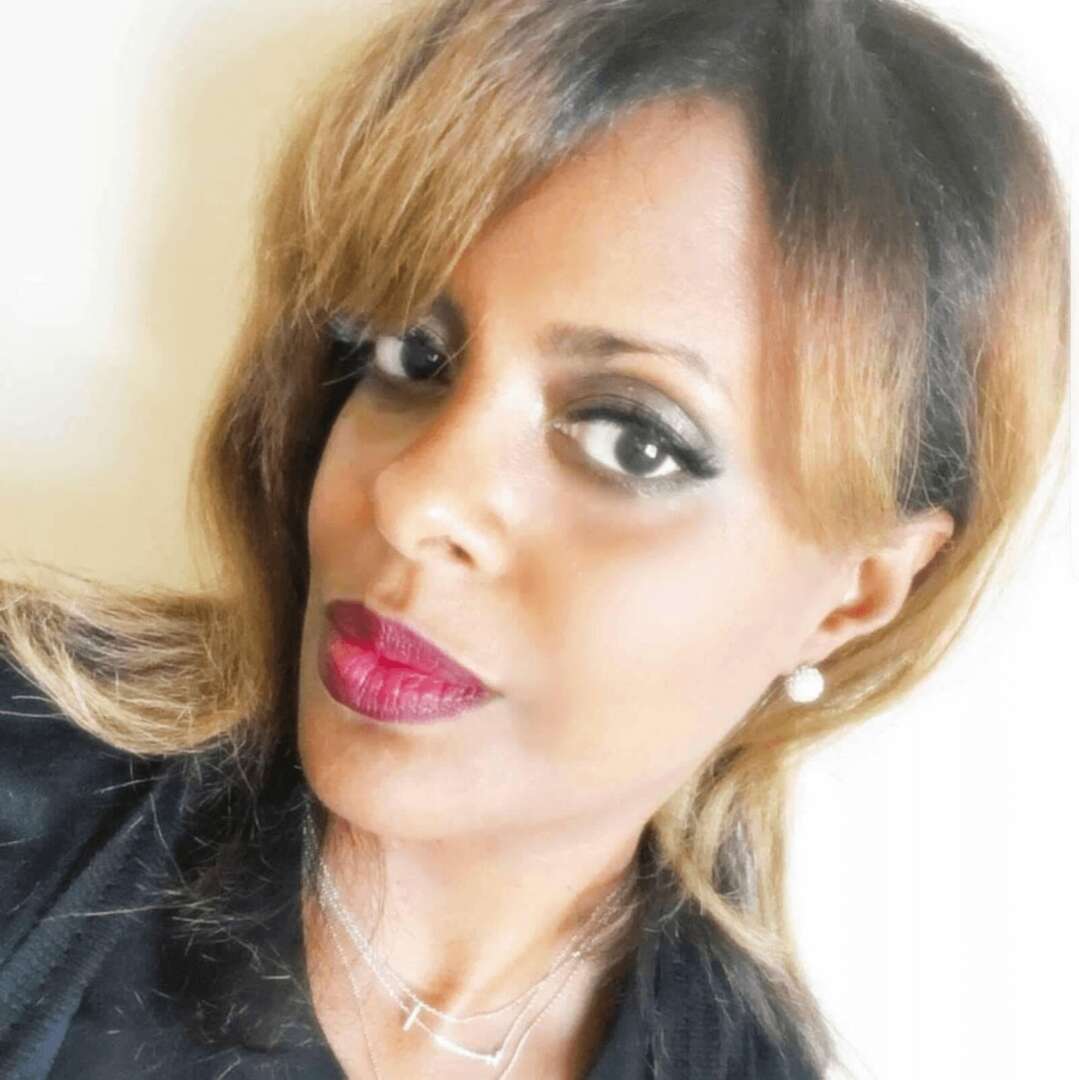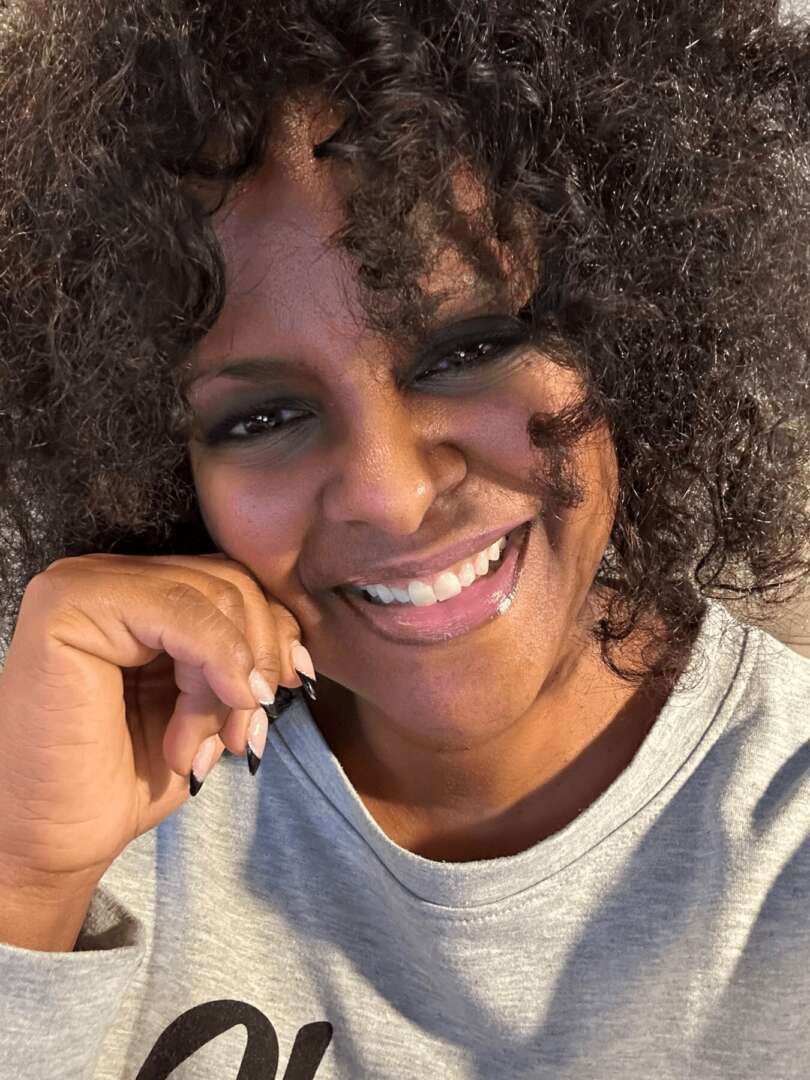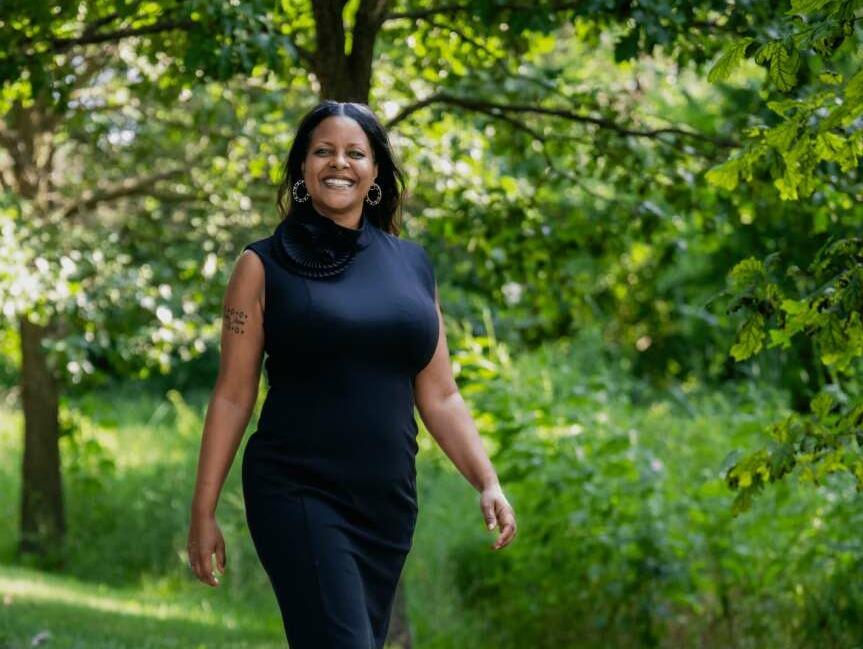We were lucky to catch up with Dr. Lisa Liggins-Chambers recently and have shared our conversation below.
Dr. Lisa, thanks for taking the time to share your stories with us today Can you open up about a risk you’ve taken – what it was like taking that risk, why you took the risk and how it turned out?
I took a risk and started discussing my experiences in the psychology field. This includes the gap in the workforce between white and black, indigenous, and people of color (BIPOC) psychologists and unfair licensing standards toward aspiring psychologists. The goal was to put this field on public notice. I want the public to understand why there is a shortage of psychologists in general, the reasons that they do not see BIPOC psychologists and the difficulty in the licensing standards across the United States for aspiring psychologists. This journey began in 2022 and since that time, I have been blessed with the opportunity to be a contributor for the online edition of Psychology Today, volunteer and participate in events in my community to assist children and parents with their mental health questions, and be a guest speaker on public radio. The benefits of public speaking about well-known concerns within the psychology field, outweigh the risk of my reputation from those who support the mistreatment of aspiring psychologists.

Dr. Lisa, before we move on to more of these sorts of questions, can you take some time to bring our readers up to speed on you and what you do?
My name is Dr. Lisa Liggins-Chambers. I am a school psychologist with a Doctor of Philosophy degree in clinical psychology. It was my advisor from my master’s degree program who suggested that I major in school psychology as a backup to clinical psychology. He hinted at the discrimination in the licensing standards at that time and told me to have a license in another specialty. He believed that I could pass the examination to practice independently as a clinical psychologist but wanted me to consider another license as protection. As a white male who observed the changes to the examination from its inception through the time that I met him in the mid-90s, he felt a duty to prepare me for my future in this field. He shared his perspective on the difficulty with the examination to license clinical psychologists for people of color and predicted this would continue in the future. Racial discrimination and racial bias in the licensure process were not broad considerations at that time. He had the foresight to encourage me to uniquely combine school psychology with clinical psychology. I am grateful that I listened to his wisdom. When I defended my doctoral dissertation, it was my clinical director who gave me the hardest and most extreme questions. When I passed my doctoral dissertation defense, I asked her why she was so hard on me. The clinical director responded, “I don’t ever want there to be a question about your clinical skills.” Considering what my master’s advisor shared with me about being a dual major, along with the memorable comment from my clinical director, I remember thinking, “What have I gotten myself into in pursuing psychology?” It has been 18 years since I defended my dissertation and I can tell you that both mentors were correct about my future matriculation in this field. I am most proud of being a wife and mother and my family’s achievements matter most to me. I am overjoyed to assist numerous parents with diagnosing and understanding neurodevelopmental disorders. Growth in this field for me meant using my years of experience combined with my education to publicly address the disparity between races for mental health professionals.

If you could go back, would you choose the same profession, specialty, etc.?
This is a question that I am asked very frequently by young people who have a desire to major in psychology. My answer is consistently “No” or “Not clinical psychology.” I absolutely would not take myself back through either majoring in school or clinical psychology. However, I can still encourage aspiring psychologists to pursue the field if there is a desire. If I had to major in psychology, again, I would obtain either a doctorate degree in industrial/organizational (I/O) psychology or developmental to work with children with neurodevelopmental disorders.

We’d love to hear a story of resilience from your journey.
I was first told that I would “never” become a psychologist several times as an undergraduate student, and not just by white people. I clearly remember a black and male psychologist telling me that I was not “good enough” to obtain a doctorate degree. I can write story after story about instances of racism in a variety of field placements, internships, and post-doctoral experiences because I have a lot of them. I can even share with you how strongly I have had to defend myself against unfair actions and verbiage from employers, (i.e., “I don’t know what to do with you because you are Black”), which is a recent quote. It was my mother who always told me to prepare myself and even if I did cry, she would say to me, “No one can take away your education and I don’t raise quitters.” She would also tell me, “Don’t quit, keep going.” It was during trying times when I became rebellious and continued to fight for my education. In contrast, I also had other strong people supporting me which restored my faith in humanity. I smile a lot but deep inside, I have struggled in the psychology field and never really share those experiences with others. It was my doctorate advisor who once told me, “Smile, work hard, and get your degree.” He said, “Once you get it, you can throw it at them if you want to but right now, defend that dissertation!” If I did not have people like the ones mentioned in this interview, prayer, faith, family, friends, and supportive psychologists behind me to push me through this field, I am not sure if I would have become the person that I am today in psychology. A few final examples of my current support occurs when my husband allows me to me vent about my frustrations and when he unquestionably edits my work. Or, when my co-worker tells me, “I have faith in you,” which are both meaningful words and gestures toward me. The aforementioned reasons are why I am very resilient and do not allow others to dissuade my efforts to close the gap between races in psychology in the workforce, or give up easily.
Contact Info:
- Website: https://www.psychologytoday.com/us/contributors/lisa-liggins-chambers-phd AND lisaliggins chambers.cmo
- Instagram: https://www.instagram.com/drlisa3?igsh=cHlieGJuZ2FhcDZj&utm_source=qr
- Facebook: https://www.facebook.com/share/kQnf1FW7gHuoswxv/?mibextid=LQQJ4d
- Youtube: https://youtube.com/@drlisa3?si=3z9pGWq1Rg6b2rX8

Image Credits
Matt Defanis, J.D. Realtor Broker-Owner is my photographer, his website: https://www.remax.com/real-estate-agents/matt-difanis-champaign-il/100025789


